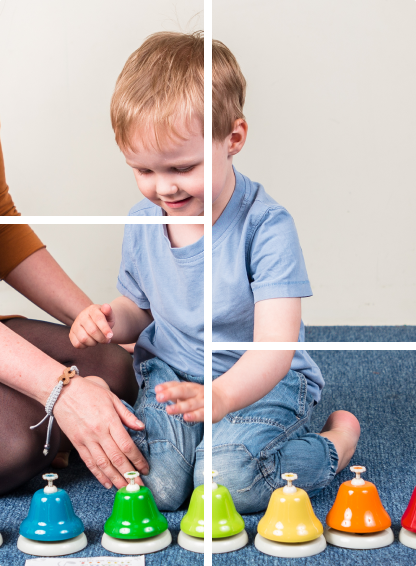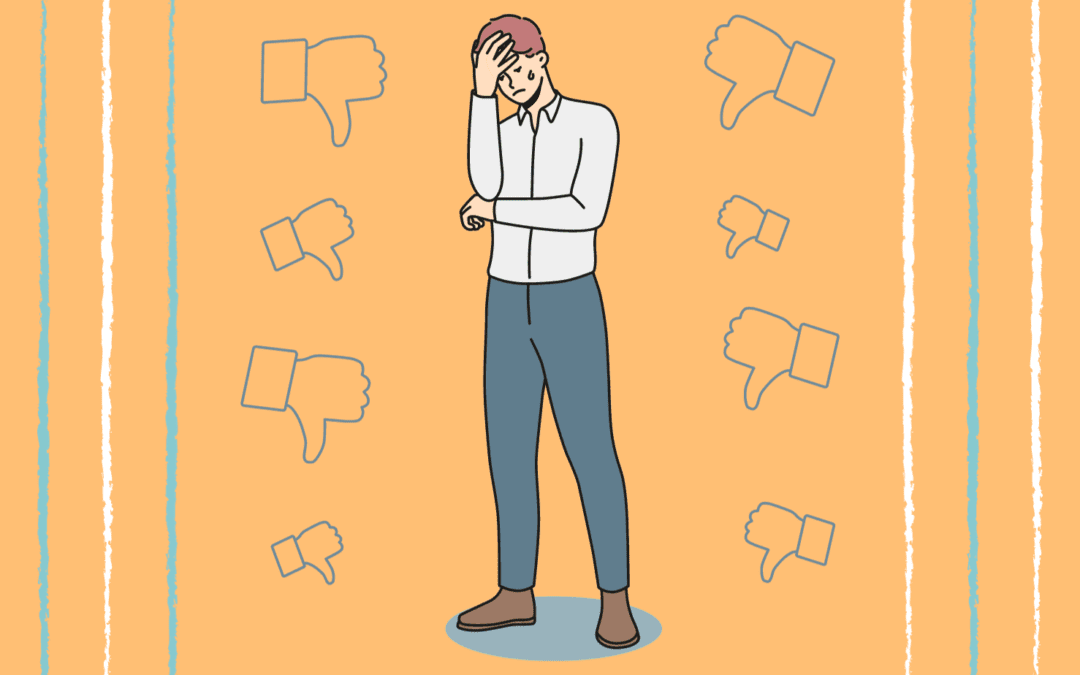- ···
- Start Here
- ···
- About Us
- ···
- Services
- ···
- Articles
- ···
- Contact Us
- ···

Assessment
Here are some of the assessments we provide:
- Comprehensive Autism Assessment
- In-depth Psychoeducational Assessment
- Multi-disciplinary ADHD/ADD Assessment
- Early Language and Social Development Assessment
- General Diagnostic Assessment

Treatment
We offer evidenced-based treatment plans, backed by scientific research, tailored to your specific needs. Some of these treatments are:
- CBT (Cognitive Behavioural Therapy)
- ACT (Acceptance and Commitment Therapy)
- Parent Training
- Trauma Focused Therapy
- Couples Therapy

Coaching
Coaching is a method that helps you stay on track and achieve your objectives. Coaching is beneficial because it takes clients through the steps of identifying their goals, estimating the time required for each component, addressing any obstacles, and determining whether or not the plan is effective. Coaching is applicable to various age groups. Some of the offered coaching tracks are:
Learn More

Resources Center
Hand picked by experts at our clinicAt All Brains, our experts have put together a whole library of resources for you and your family. Whether it is books we love that are perfect reads aloud with kids, deep insights into therapy tools to help challenge minds, or apps which grammar your smartphone into doing what needs to be done most effectively ---you will find it in our resource center. We cannot wait for you to get started.
View All
MORE THAN WORDS
The Latest at All Brains



Testimonials
 Tetiana Sokolova
Tetiana SokolovaWe recently had our child’s assessment done, and we are very pleased with the experience. The team was professional, warm, and made our child feel comfortable throughout the process. They took the time to explain everything in detail and answered al ...


 JandF BDL
JandF BDLExtremely professional and also very warm. They were very kind and patient with my child. The assessments were thorough and they took time to explain the tests and what behaviours they made note of. The written report was available within a week o ...


 Maria Llopis
Maria LlopisI've just got recently my son's report at All brains and I would appreciate the whole team headed by Dr.Eslami. My biggest gratitude to the great Anita (clinical assistant), what made the waiting times (the lack of knowledge and Mix of emotions are a ...


 Colette Fisher
Colette FisherI found the clinic to be very well run. The receptionist are very friendly, helpful and accommodating. The team of specialists that they have compiled works well with each other and really enjoyed my experience.


 Khushboo Bali
Khushboo BaliI am so great full to Dr Ali Eslami and his team. We being not so new in BC migrated from India. My daughter falls under the spectrum, which we knew already but had no proper diagnosis, our pediatrician doctor suggested Dr Ali Eslami and All brains, ...


 Linda Milligan
Linda MilliganAll Brains Clinic was by far one of our best medical experiences we have ever encountered! Every step of our assessment process was met with caring, extremely professional and thorough support. We are extremely grateful for everyone that was part of ...


 Active Explorers
Active ExplorersOutstanding experience at this clinic for our child's ASD diagnosis! The staff were exceptionally knowledgeable, compassionate, and attentive throughout the process. Their expertise and personalized approach left us feeling informed and supported eve ...


 Monika Nikolic
Monika NikolicThis is a fantastic clinic. The entire staff, Dr. Eslami and his team of experts are incredibly friendly and warm-hearted. We had a great experience with this clinic. The waiting list is short and we had the first appointment within 3-4 weeks. I hav ...


 Tetiana Sokolova
Tetiana SokolovaWe recently had our child’s assessment done, and we are very pleased with the experience. The team was professional, warm, and made our child feel comfortable throughout the process. They took the time to explain everything in detail and answered al ...


 JandF BDL
JandF BDLExtremely professional and also very warm. They were very kind and patient with my child. The assessments were thorough and they took time to explain the tests and what behaviours they made note of. The written report was available within a week o ...


